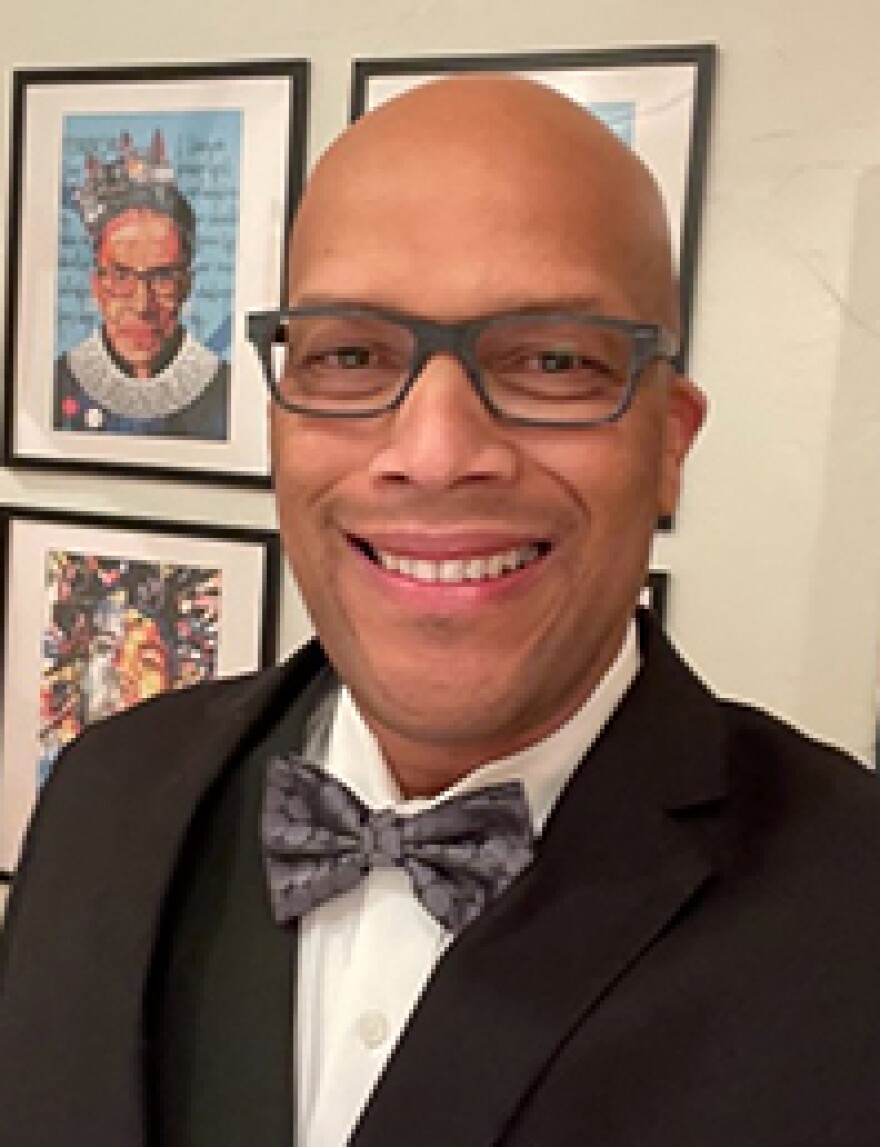UW-Madison’s teacher residency program was the perfect fit for John Carlos Sanger. He was 30 years old and looking to go back to school to pursue his true passion for special education.
But he couldn’t put his life — or his bills — on hold to become a teacher.
The residency program was designed to make it so he didn’t have to. It pays master’s level students a stipend of around $55,000 per year while they’re placed in a Milwaukee Public School classroom to partner with a mentor teacher. They work with students while they’re earning their graduate degrees.
But a seismic shift in federal government grant funding by the Trump administration has thrown the entire residency program’s future into doubt. The Department of Education announced in February it had cut $600 million in grant funding to programs that train educators on "divisive ideologies."
Program co-director Dr. Kimber Wilkerson at UW-Madison learned about the cuts when she opened her work email at 10 p.m. Feb. 12 and noticed an urgent message from the Department of Education.
She says it looked like a boilerplate message with nearly no details about her program or its performance. Then, at the end, it said that the funding for the program had been terminated as of that day.
“Of course that is disruptive and it sends a little panic because there are lots of people whose livelihood is dependent on the grant,” she says. “So it just threw us into damage control very quickly.”
Why did Trump admin cut funding to special education teaching program?
Wilkerson and co-director Dr. Beverly Trezeck still aren’t really sure why the grant funding was cut.
The Trump administration made huge slashes to the national Teacher Quality Partnerships program, which funds training programs like UW-Madison’s.
Wilkerson says a brief section of the grant application process asks directors how their program will diversify the workforce. That may have raised red flags for Trump administration officials looking to root-out DEI.

But that question was answered by almost every applicant seeking a Teacher Quality Partnership grant.
“We didn’t pitch this as a ‘we’re going to diversify the teacher workforce. That’s our project.’ Our project was to prepare special educators, and then we addressed: ‘How does this contribute to diversifying the teacher workforce?’”
A judge in Massachusetts has put a temporary stop to Trump administration actions cutting programs like UW-Madison’s in eight states. But that temporary order expires this week, leaving everyone in limbo.
UW-Madison training program could cut MPS special education vacancies in half
The yearlong residency program was designed to produce three cohorts of students over three years for a total of 36 licensed special education teachers. The most important part of the program is that the graduates need to commit to work in MPS for at least three years.
That was the perfect fit for Michael Harris, the chief of school administration for MPS, which is in need of more special education teachers.
“I still have 60 vacancies. That cuts my vacancies in half,” he says of the residency program. “That reduces the caseload for so many of my special education teachers that are so committed and dedicated to doing the work but they are overworked.”

The first cohort of 10 students will complete the program this summer. Recruitment is well underway for the second crop to start in the fall.
Sanger teaches at MacDowell Montessori School where he works with high school students of all grades.
“You can have an idea of what that day might bring, but you will not understand the hurdles and the roadblocks that your students are going to have,” he says. “That’s your job. To be the guide on the side to get them through that."
"Do you think they just go away?": Educator fears future without special education teachers
The funding uncertainty has a direct impact on students: MPS chief of school administration Michael Harris says the district’s vacancies in special education outnumber all other teacher vacancies combined.
John Carlos Sanger is the student hoping to graduate with a master’s degree this spring and teach at MPS in the fall.
“I don’t see how this helps students who are in wheelchairs, or blind, or deaf, or have autism, or who have learning disabilities,” Sanger says. “How does this service them? And if they’re not being serviced, do you think they just go away?”

He adds that the Trump administration is failing students and teachers with such indiscriminate cuts.
“None of the people who have decided to cut this funding have any understanding of the impact (of) that funding. Because they didn’t study this long enough to make that determination,” he says. “What I would like is for the government to remember its job, which is to help facilitate serving its people. And that’s what I do, and that’s what I want to do for a living.”
For now, the program is cautiously admitting its second set of 14 students for next year. And the current residents working in MPS still have their funding.
Come next week, who knows?
Katherine Kokal is the education reporter at 89.7 WUWM - Milwaukee's NPR. Have a question about schools or an education story idea? You can reach her at kokal@uwm.edu






